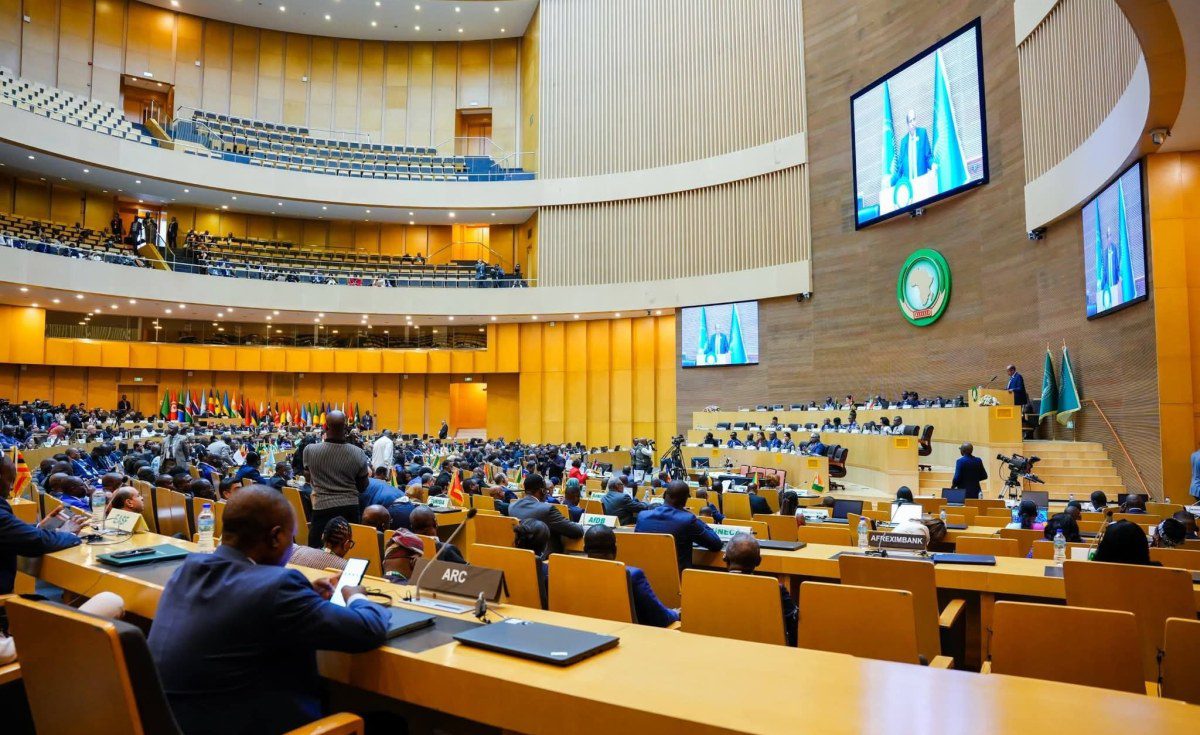Key Points:
- Climate finance has surged, requiring further increase to meet net-zero targets.
- Corporate actions link advanced climate solutions to market performance.
- Public sentiment is complex, with economic concerns influencing climate prioritization.
- A new vision for American capitalism is emerging, driven by necessity and innovation.
Surge in Climate Investments
According to the CREO Syndicate, climate finance has experienced remarkable growth. From 2020 to 2022, annual global climate finance flows doubled to $1.4 trillion, representing 1% of global GDP. To achieve net-zero emissions by mid-century, these investments need to multiply, targeting an average of $8.6 trillion annually through 2030 and $10.7 trillion through 2050.
Corporate Commitment to Climate Action
This week’s announcements highlight the serious commitments businesses are making. Companies like Microsoft are leveraging significant resources, such as utilizing the Three Mile Island nuclear facility, to secure the emissions-free power essential for growth. Other leading firms, including Hewlett Packard Enterprise, McCormick & Co., Accenture, and Trane, are integrating advanced climate solutions that directly enhance their market performance and profitability.
The Public’s Mixed Reactions
Despite advancements and investments, public opinion remains divided. Americans care about climate change, but economic struggles often push climate concerns to the backburner. Many fear the potential personal and economic impacts of aggressive climate policies. Understanding and addressing these concerns is crucial for progress. In the interim, the private sector is poised to lead the charge, navigating the complexities of sustainable development and economic viability.
Emerging Vision for American Capitalism
In the context of these developments, a new vision for American capitalism appears to be taking shape. This vision is driven by necessity, innovation, and a nuanced understanding of public sentiment, aiming to balance economic growth with sustainable and equitable climate action.
Climate Week NYC serves as more than just an event marked by acronyms and social gatherings; it is a pivotal platform for addressing fundamental questions about climate action progress. Discussions focus on effectiveness, accountability, and ultimately, who bears the cost of the initiatives laid out for a sustainable future.
Related Article: Five Key Insights from Climate Week
Source: Martin Whittaker, Just Capital

 Follow SDG News on LinkedIn
Follow SDG News on LinkedIn











